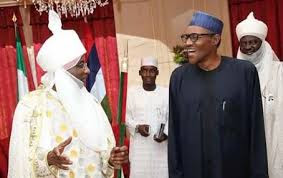By Dan Amor
I am first and foremost a Nigerian child. Then I am a
depressed Nigerian youth. Depression obviously has its several roots: it is the
doubtful protection which comes from not recognizing failure. It is the psychic
burden of exhaustion, and it is also and very often, that discipline of the
will or the ego which enables one to continue fighting, continue working, when
one’s un-admitted emotion is panic.
And panic, it is, I think, which
sits as the largest single sentiment in the heart of the collective members of
my own generation. Today, I find myself in an overwhelmingly urban society, a
distinctly urban creature. Thus, I am adequately informed of current
developments in my country. I am anxious, angry, humorless, suspicious of my
own society, apprehensive with relation to the future of my own country.
Quixotic, yet optimistic, I am on
the prowl for the immediate and remote causes of our national predicament. My
nostrils fairly quiver for the stench of some injustice I can sally forth to
condemn. Devoid of any feeling for the real delineation of function and
responsibility, I find all the ills of my country, real or fancied, pressing on
my conscience. Not lacking in courage, I am prepared, in fact, to charge any
number of windmills.
But in so doing, I am often aggressive and
unapologetically critical of my own society, critical of what I need to live
by, critical sometimes of God’s own choice of creating me a Nigerian. You may
wish to call me names. But do not call me a crank or an eccentric. For, on a
very rough and ready basis, you may well see an eccentric as a man who is a law
unto himself, and a crank as one who, having determined what the law is,
insists on laying it down to others, like some dictator of many a black nation.




















